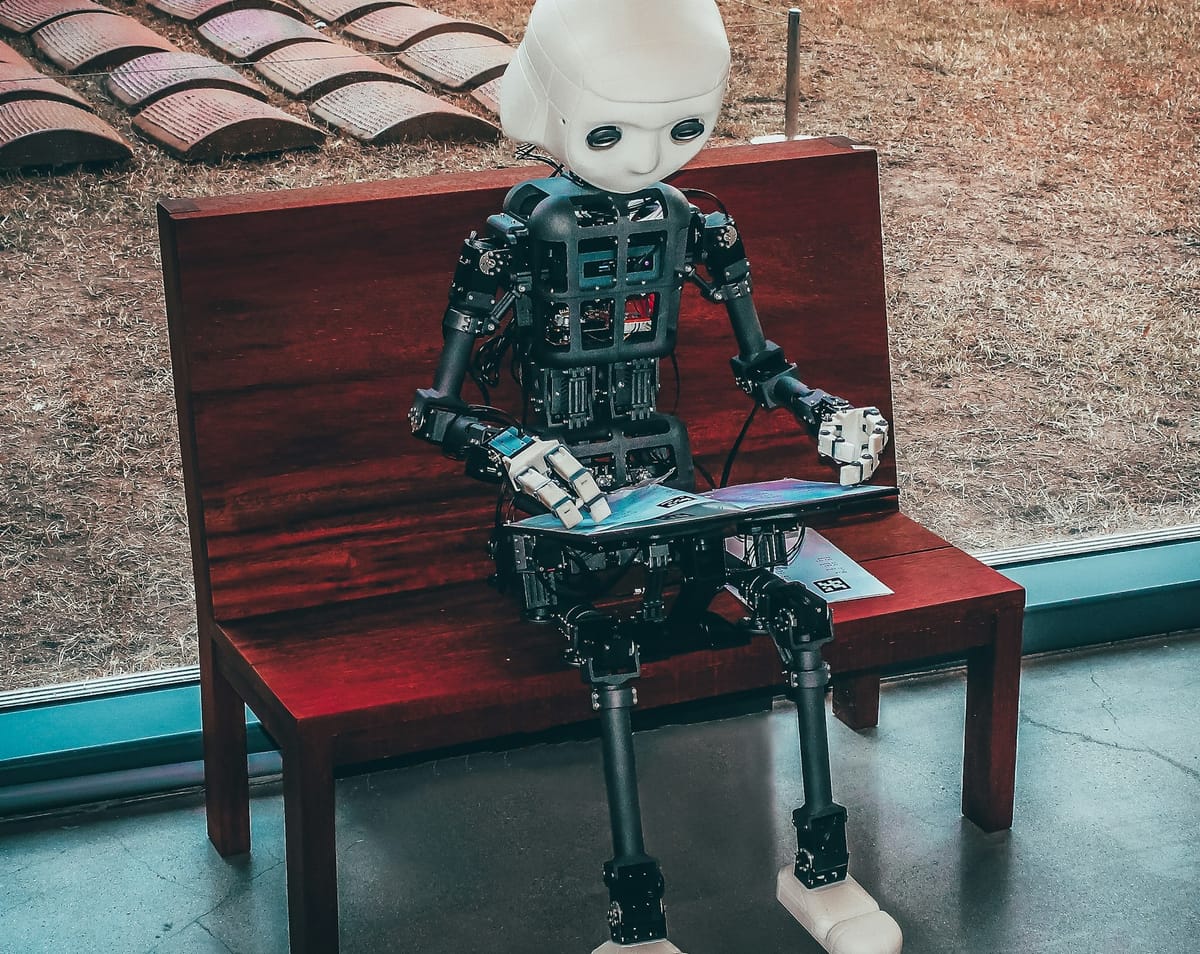Professional Development: Embracing AI
AI is changing education fast, but 96% of U.S. K–12 teachers lack AI training. It’s vital to equip educators with AI tools and skills to improve teaching, save time, and prepare students for the future workforce. Supporting teachers with AI benefits everyone.

It's here, and its not going anywhere. We need to prepare our educators to understand how our students will be expected to use AI right now.
In today's fast-paced world of technology, Artificial Intelligence (AI) isn't just a buzzword—it's a vital part of our educational landscape. As AI continues to weave its way into various aspects of our lives, including education, it's crucial that teachers equip ourselves with the knowledge and skills to make the most of AI tools in our classrooms. After all, our goal is to prepare our students not just for today but for the dynamic challenges of the 21st-century workforce, where understanding AI is already a necessary skill such as knowing how to use Microsoft Office or basic coding.
It's scary to think about what the world will look like when AI becomes integrated into every aspect of our daily lives at such a rapid pace. Will our students even have access to entry level jobs with AI assisting in so many areas? Will our content and media be made entirely through automation from now on? How will this change our classrooms, grading, essays, and projects with this technology out in the open? These are valid questions that we will grapple with as the world transitions to AI as normal. As educators, it's our responsibility to help them navigate through these uncertainties.

As educators, we know our jobs aren't just to teach facts and statistics, but also to help develop the critically thinking leaders of tomorrow. AI is the next frontier bringing forth challenges for generations to come, and it is imperative that we prepare our students to use AI for their benefit. We must engage them in discussions about the ethical implications of AI, its impact on job markets, and how it can be harnessed for the greater good while ensuring they remain competitive in this economy.

In the classroom, there are massive opportunities that AI can bring forth for teachers looking to be more effective in their work. Imagine a teacher, easily able to generate unique exams questions for each student using AI. They would be able to reduce concerns of sharing answers, and can build in accommodations for students who require them in a matter of minutes. A teacher equipped with AI and the tools it provides will help will be smarter, faster, and more easily able to adapt to the variability in students when trained with the right tools.
For anyone teaching high school, we must also equip students with practical knowledge on how to utilize the most common AI tools as enterprises are already adopting them into part of their basic software. This hands-on experience will prepare them for future careers and instill a sense of confidence and adaptability in the face of technological advancements.

In conclusion, professional development in AI education isn't just something nice to have; it's necessary for students and teachers to thrive. It empowers us as educators to unlock the full potential of AI in our classrooms and encourages critical thinking about AI's broader impact on society. By embracing AI education through collaborative learning, access to resources, and ongoing support, we can ensure that we're equipping our students for the workforce today right now.

Want To Learn More?
See how RioProgress can help you skill up for your classroom, your school, or your district!
See More
